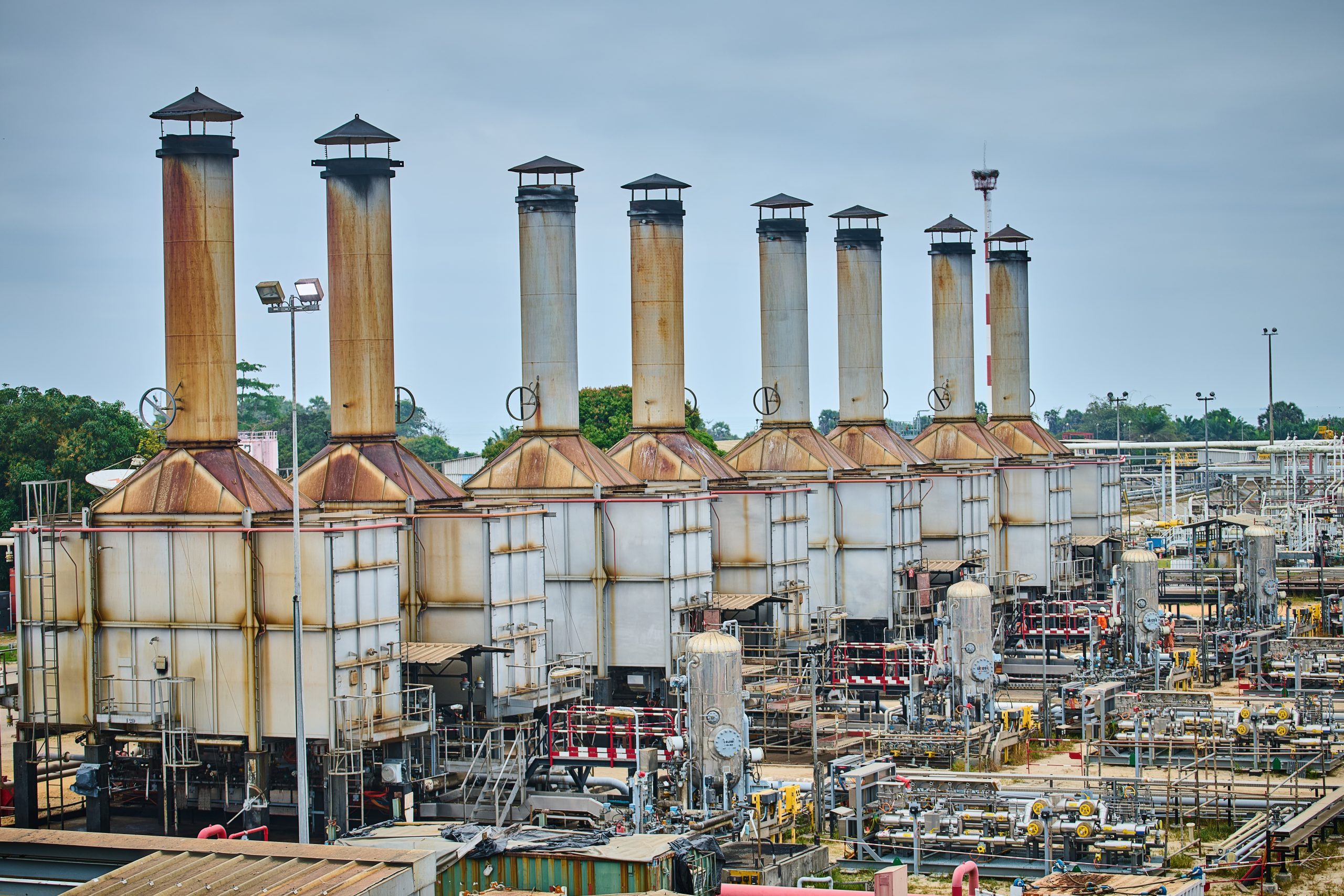Congo: Djeno oil terminal converts furnaces to recovered gas

The Djeno oil terminal in Pointe-Noire, Congo, has marked the first major milestone in its ambitious energy transformation. The first of several gas-converted furnaces came online in late August as part of an Engineering, Procurement, and Construction (EPC) Project led by Actemium Congo for TotalEnergies EP Congo.
Oil terminals use furnaces to heat the incoming crude so that it reaches the right viscosity for further transport and refining. The Djeno terminal, which handles 97% of the country’s oil production, is transitioning to a more environmentally friendly fuel for many of its furnaces.The converted furnaces are going to be heated with gas recovered from the primary separation of the crude oil, instead of the heavy fuel oil commonly used.
Converting the furnaces will improve energy efficiency, simplify maintenance, and optimise operating costs.
Multi-disciplinary expertise improves efficiency
This launch is a great demonstration of our collective expertise on a major multi-disciplinary EPC project in Africa and our commitment to more efficient energy solutions
said Thibault Courrie, Business Unit Manager.
Automated systems are at the heart of the conversions, enabling precise control of the new gas combustion solution. Actemium automation specialists implemented control programmes, tested the communications, and ensured the consistency and reliability of the regulated systems by pre-commissioning more than 1,300 control points.
7 of 14 furnaces to be converted
The project involves seven of the 14 existing furnaces and employs many of Actemium’s areas of expertise: process engineering, safety, electricity, instrumentation, piping, and control systems — including fire and gas detection equipment supplied by Autochim, another VINCI Energies business unit.
The electricity & instrumentation (E&I) scope is impressive:
- More than 3 km of piping and 70 km of cables were laid and connected for the automated systems.
- More than 1 km of cable trays were installed.
- More than 120 fire and gas detectors were deployed on site, ensuring enhanced monitoring of risks related to methane (CH₄), hydrogen sulfide (H₂S), and fires.
The project underscores the importance of coordination and collective capacity when carrying out complex industrial projects in Africa. It is the fruit of close collaboration between Actemium and several units of VINCI Energies Oil & Gas entities, bringing together more than 150 employees and involving a total of 30,000 hours of engineering and more than 300,000 hours of work.
All of the furnace conversions are scheduled to be finished by the end of 2025. The project will make the terminal facilities cleaner, more efficient, more economical, and of course, safer and more reliable.
